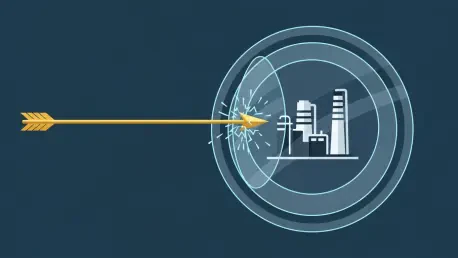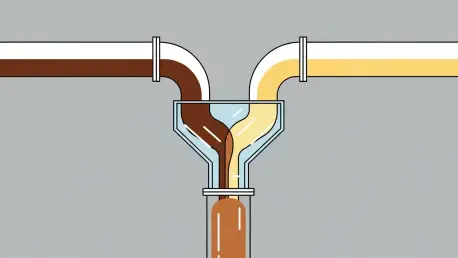
Despite the implementation of increasingly stringent Western sanctions aimed at constricting Moscow's oil revenues, India's procurement of Russian crude oil has demonstrated a remarkable and unexpected level of stability. After a notable increase in November, analysts widely predicted a sharp

A Presidential Decree Sets the Caribbean Ablaze In a move that sent shockwaves through Washington and Wall Street, former President Donald Trump, in December 2025, announced via his Truth Social platform a "total and complete blockade" of Venezuela. Designating the Nicolás Maduro government a

Beneath the surface of daily market reports, a colossal volume of the world's crude oil is quietly vanishing into an opaque network of storage tanks, creating a significant blind spot in global energy analysis. While most of the world focuses on immediate consumption metrics, the planet's largest

A Landmark Ruling in a Decade-Long Financial Saga A U.S. judge has officially greenlit the $5.9 billion sale of shares in PDV Holding, the parent company of the prominent U.S. refiner Citgo Petroleum, marking a pivotal moment in a protracted legal and financial drama. This decision is not merely a

A Landmark Overhaul to Sever Historical Ties In a move that sends powerful shockwaves through the global commodities landscape, trading behemoth Gunvor has initiated a profound corporate overhaul designed to permanently sever its deep-rooted historical ties with Russia. Co-founder and CEO Torbjorn

In a high-stakes maneuver unfolding across the Caribbean, the United States has dramatically escalated its campaign to choke off Venezuela's oil industry, deploying a combination of military pressure and stringent economic sanctions that threaten the very foundation of President Nicolas Maduro's